High blood pressure is a common and dangerous disease, but most of the symptoms of high blood pressure are not obvious, and the intensity of appearance also varies, depending on the severity of the disease.
According to medical experts, there are many causes of high blood pressure such as stress, fried foods, lack of exercise, age, race and secondary diseases such as kidney disease.
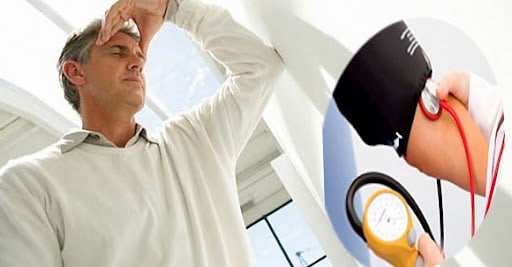
Illustration
5 groups of people at risk of high blood pressure
- People with a family history of high blood pressure; blood pressure by age from 35 and up
- Overweight or obese subjects
- People who eat too much salt in their diet, people who drink too much alcohol
- Women taking birth control pills or pregnant women.
- People who do not have much physical activity.
6 symptoms of high blood pressure that you should never ignore
Heart palpitations
This is a condition where you feel your heart beating fast, skipping a beat, or beating irregularly. The heart beats fast to push blood into the vessels and maintain the function of supplying blood to the whole body.
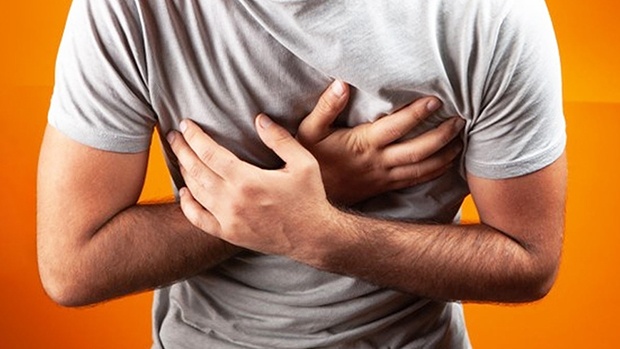
Illustration
Blurred vision
Prolonged high blood pressure damages blood vessels in the eye area, reducing vision. It can even lead to complete loss of vision.
Severe headache
High blood pressure increases pressure inside the skull causing uncomfortable headaches.
Red face
People with high blood pressure feel red in the face because the blood vessels in the face dilate. Redness can also be a reaction to stress, heat exposure, exercise, etc. These factors can all cause a temporary increase in blood pressure.
Dizzy
Sudden dizziness, loss of balance, and difficulty walking can be warning signs of a stroke. High blood pressure is the leading risk factor for stroke.
Shortness of breath
This condition occurs due to the effect of the arteries that carry blood to the lungs. The patient often feels short of breath when exerting, exercising or climbing stairs.
In addition, people with high blood pressure may also experience other symptoms such as tinnitus, chest pain, nausea, insomnia, fatigue, and, more rarely, nosebleeds.
Symptoms of high blood pressure are often unclear, so if any of the above symptoms appear, you need to measure your blood pressure to detect the disease early and have timely treatment.
Source





![[Photo] Prime Minister Pham Minh Chinh receives Mr. Jefferey Perlman, CEO of Warburg Pincus Group (USA)](https://vstatic.vietnam.vn/vietnam/resource/IMAGE/2025/4/18/c37781eeb50342f09d8fe6841db2426c)

![[UPDATE] April 30th parade rehearsal on Le Duan street in front of Independence Palace](https://vstatic.vietnam.vn/vietnam/resource/IMAGE/2025/4/18/8f2604c6bc5648d4b918bd6867d08396)


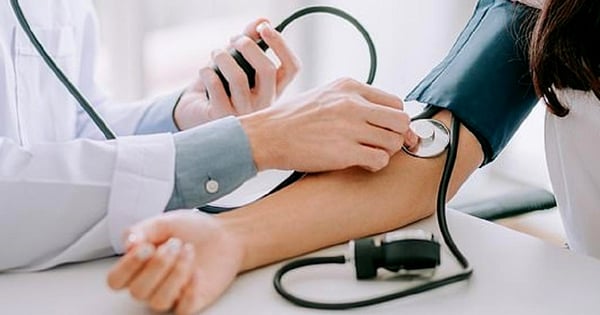

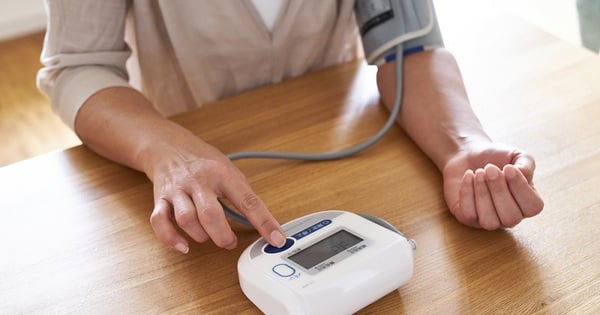

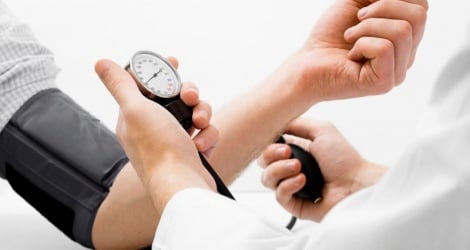

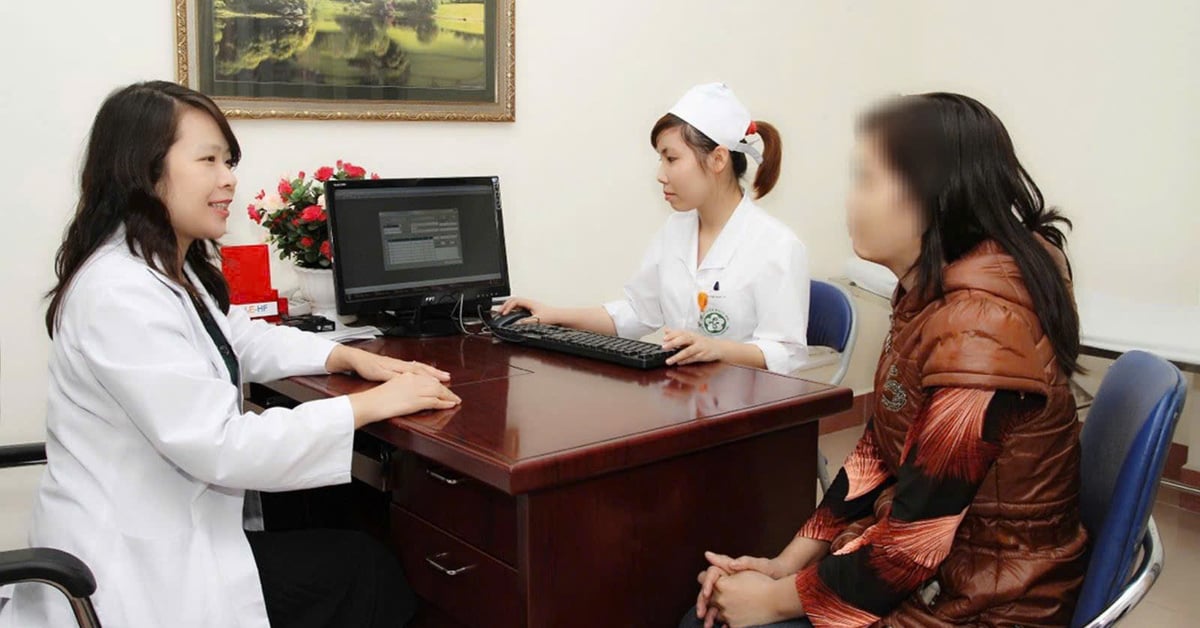


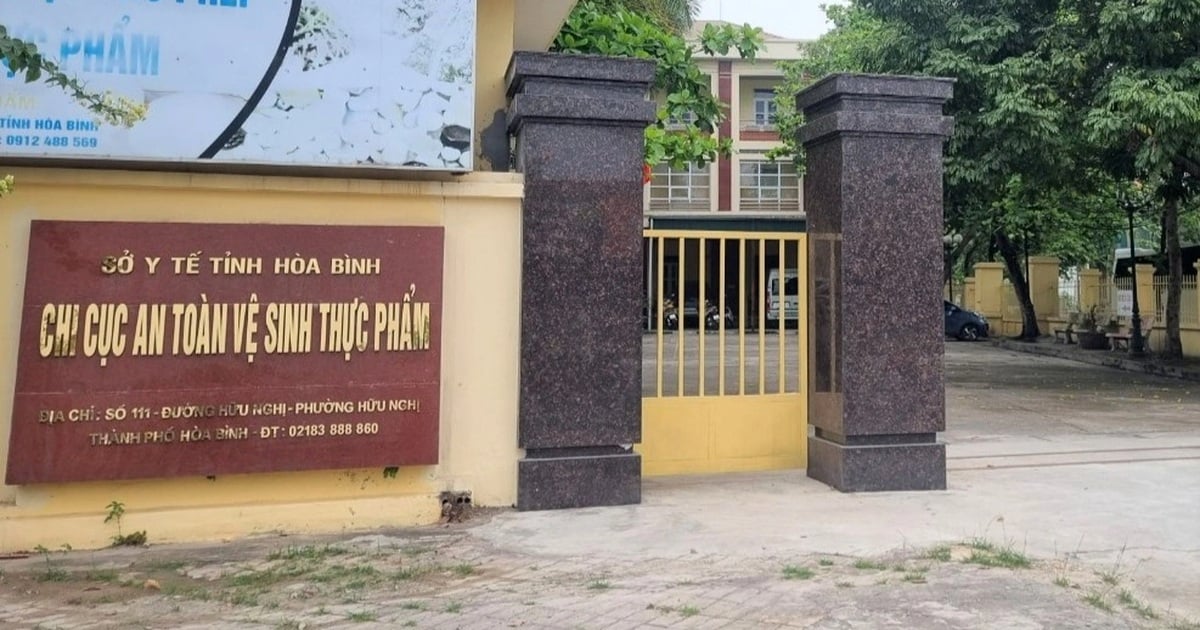
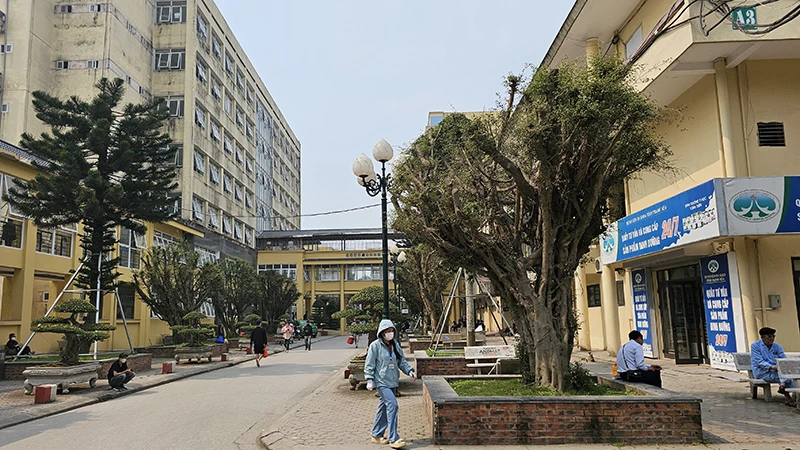







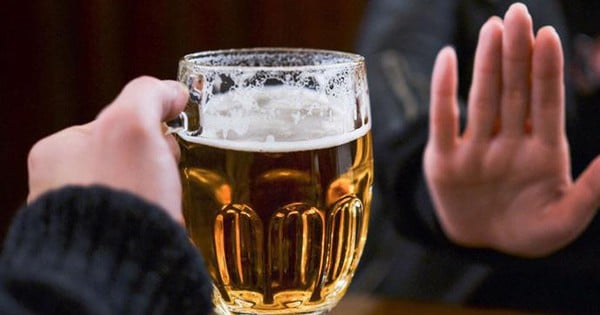
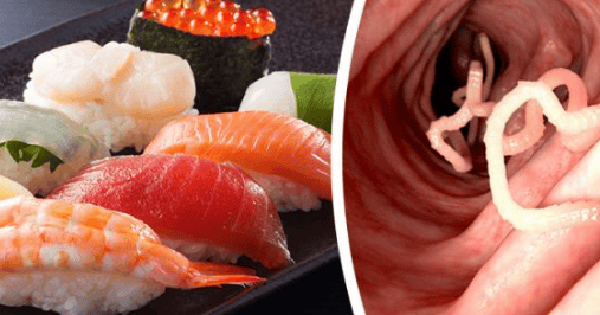



















































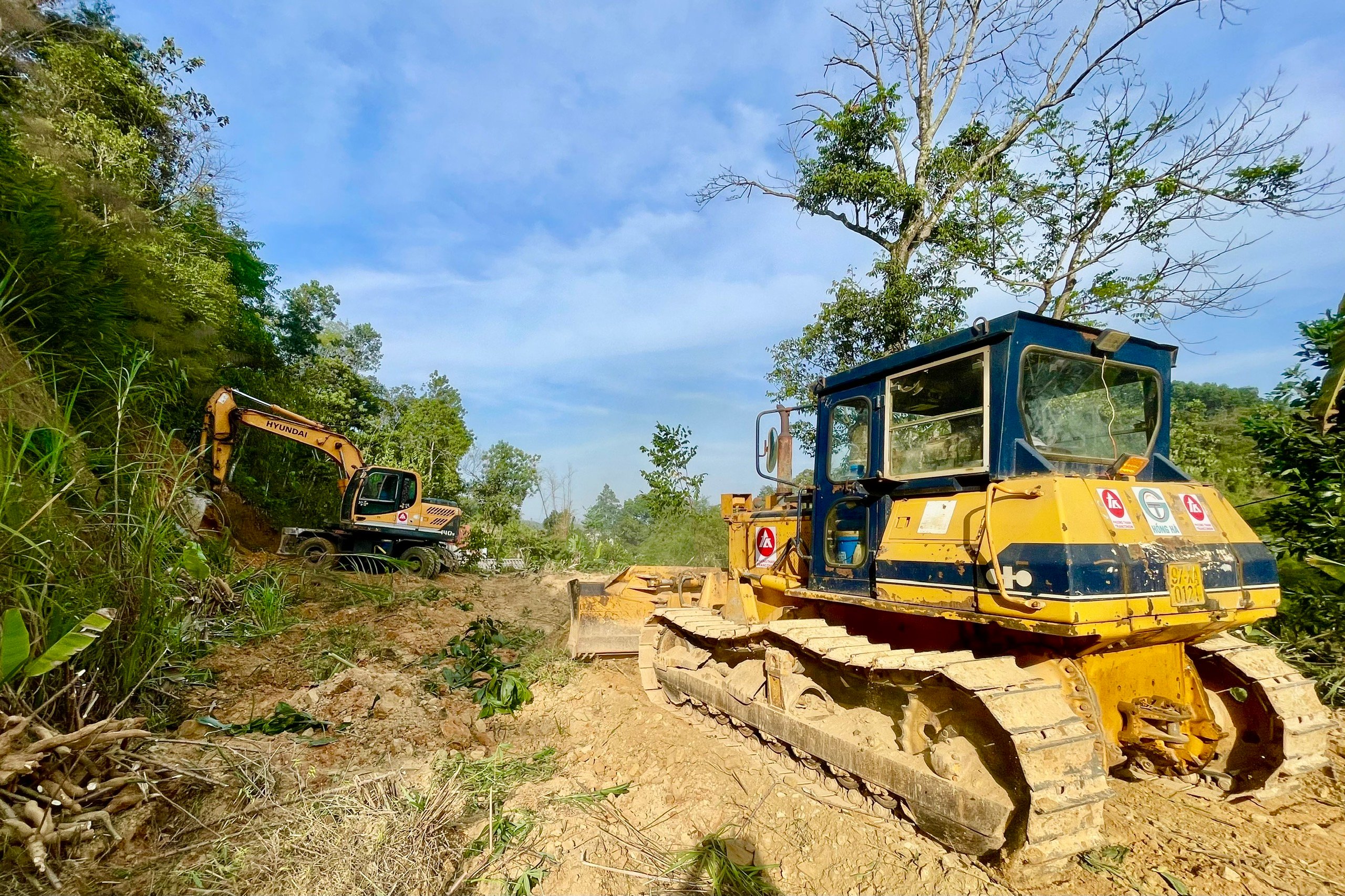













Comment (0)